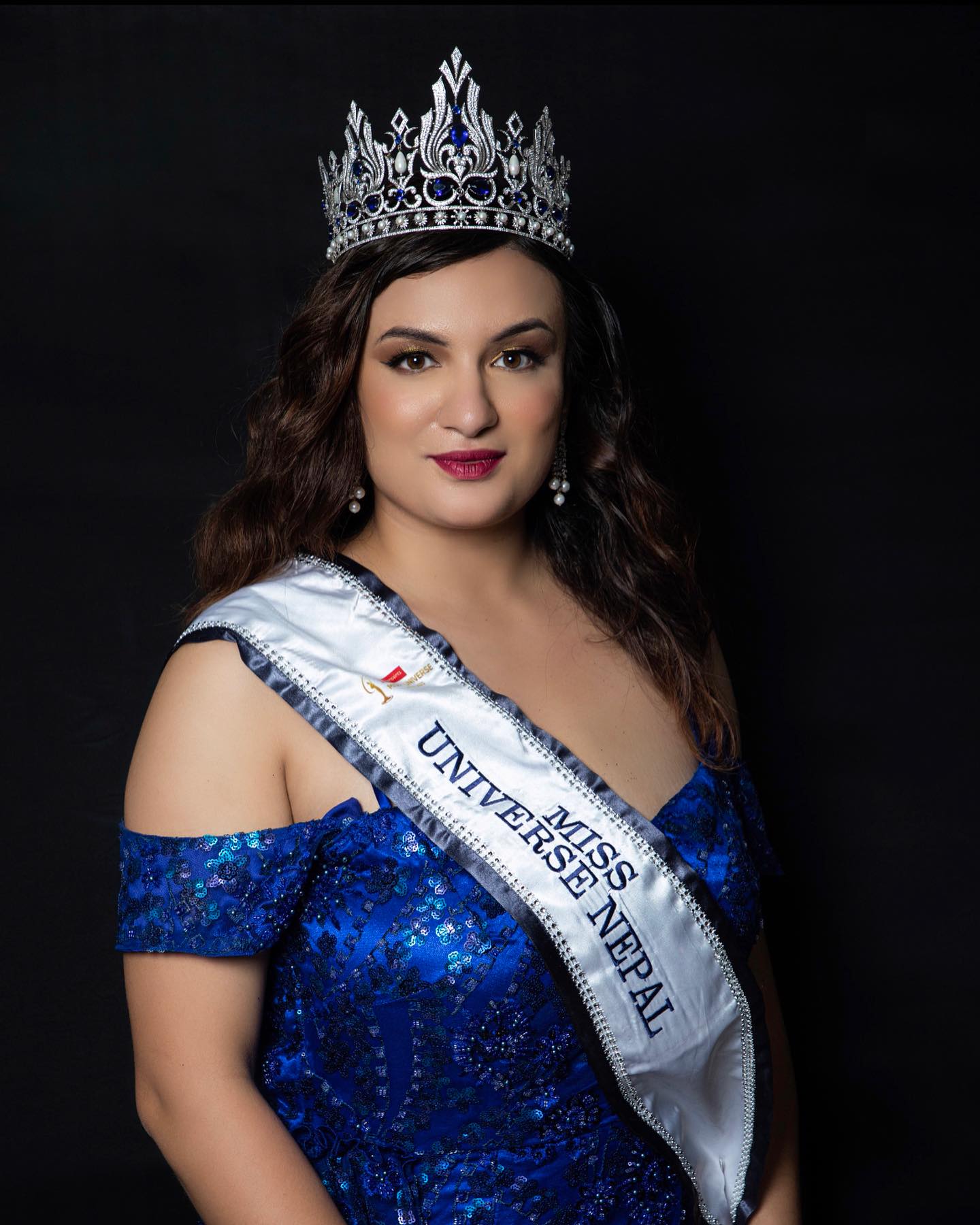From UPSC perspective, the following things are important :
Prelims level: na
Mains level: beauty queens who face body-shaming and criticism

Central idea
The article reflects on the author’s childhood fascination with beauty contests and the absence of plus-size representation, celebrating the recent participation of Miss Nepal as a pivotal moment challenging traditional beauty standards. It critically analyzes the persistent norms in the beauty industry, advocates for a transformative shift towards inclusivity, and emphasizes the empowering impact on children’s dreams, urging a redefinition of beauty beyond conventional ideals.
Key Highlights:
- Personal Reflection on Beauty Contests: The author reflects on childhood memories of watching beauty contests, idolizing winners like Sushmita Sen and Lara Dutta, and the absence of plus-size representation in such contests.
- Evolution of Body Positivity: Over the years, there has been a shift in societal acceptance of diverse body sizes, with the fashion industry offering more inclusive options for plus-sized individuals.
Key Challenges:
- Traditional Beauty Standards: The beauty and glamour industry continues to uphold traditional standards, requiring women, especially pageant participants, to conform to wafer-thin ideals, perpetuating unrealistic beauty norms.
- Ongoing Scrutiny: Even after winning prestigious titles, beauty queens like Miss Universe 2021, Harnaaz Kaur Sandhu, face public scrutiny and body-shaming, highlighting the persistent pressure to maintain certain body standards.
Key Terms and Phrases:
- Chubby Girl Stigma: The author describes her childhood perception that beauty contests were not for her due to societal perceptions of beauty and body size.
- Plus-Size Representation: The article celebrates Miss Nepal, Jane Dipika Garrett, as a significant step toward inclusivity, breaking the mold of traditional beauty standards in beauty pageants.
Key Quotes:
- “In the beauty and glamour industry, things remained the same.”
- “And that it came in the form of a South Asian woman makes it even more special.”
Key Statements:
- Evolution of Fashion Industry: While life has become easier for plus-sized individuals in terms of clothing options, the beauty and glamour industry has been slow to embrace inclusivity, maintaining stringent beauty standards.
- Significance of Miss Nepal’s Participation: Miss Nepal’s confident presence at the Miss Universe stage is hailed as a major step towards inclusivity, breaking the norm of conventional body standards in beauty contests.
Key Examples and References:
- Childhood Influences: The author reminisces about childhood memories of watching beauty contests and the impact of societal beauty standards on her perception.
- Miss Universe 2021 Harnaaz Kaur Sandhu: Highlights the trolling faced by the current Miss Universe for her supposed weight gain, emphasizing the challenges faced by beauty queens even after winning titles.
Key Facts and Data:
- Miss Nepal’s Participation: Miss Nepal, Jane Dipika Garrett, is acknowledged for confidently participating in the Miss Universe contest, challenging conventional beauty norms.
Critical Analysis:
- Evolution of Beauty Standards: The article critically evaluates the persistence of traditional beauty standards within the glamour industry, noting that while progress has been made in the fashion sector, beauty contests remain slow to adapt. It underscores the need for a more dynamic and inclusive definition of beauty, challenging the industry’s resistance to change.
- Impact of Plus-Size Representation: The inclusion of Miss Nepal, Jane Dipika Garrett, is recognized as a significant breakthrough, challenging the long-standing norms of beauty pageants. The analysis delves into the potential ripple effect of her participation, sparking conversations about body diversity and fostering a more inclusive environment within the beauty industry.
- Continued Body-Shaming: The critique extends to the ongoing challenges faced by beauty queens like Miss Universe 2021, Harnaaz Kaur Sandhu, who experiences body-shaming despite her achievements. This highlights the paradox wherein even accomplished individuals in the industry are not immune to societal pressure, emphasizing the need for a cultural shift.
- Empowering Children’s Dreams: The article makes a compelling argument for allowing children, particularly young girls, to dream without restrictive societal norms. It suggests that dismantling conventional beauty ideals is crucial for fostering a generation that embraces diverse forms of beauty and self-expression.
Way Forward:
- Industry-Wide Reform: Advocates for a comprehensive reform within the beauty and glamour industry, urging stakeholders to redefine beauty standards and embrace diversity. This involves challenging established norms, fostering inclusivity in casting, and celebrating a range of body sizes and appearances.
- Educational Initiatives: Proposes educational initiatives that promote body positivity and self-acceptance, targeting both industry professionals and the wider public. By fostering a cultural shift in perceptions of beauty, these initiatives can contribute to dismantling harmful stereotypes and promoting a more accepting society.
- Advocacy for Inclusivity: Encourages influencers, celebrities, and industry leaders to actively advocate for inclusivity, leveraging their platforms to challenge beauty norms. This advocacy is seen as instrumental in driving change within the industry and influencing societal attitudes toward diverse representations of beauty.
- Policy Changes: Calls for the formulation and implementation of policies within the beauty industry that mandate diverse representation, ensuring that beauty contests actively include participants of various body sizes. This structural change aims to create a more equitable and welcoming space for individuals irrespective of their physique.
- Support for Beauty Queens: Stresses the importance of providing ongoing support and protection for beauty queens who face body-shaming and criticism. This includes implementing measures to counter cyberbullying and creating an environment that empowers individuals to embrace their bodies without fear of judgment.
Get an IAS/IPS ranker as your 1: 1 personal mentor for UPSC 2024
